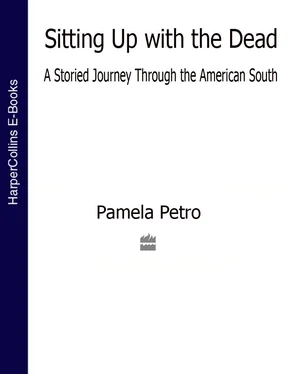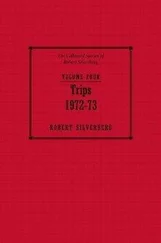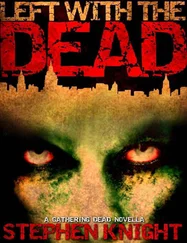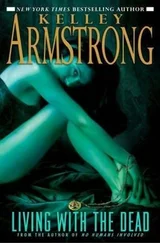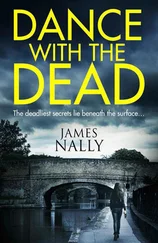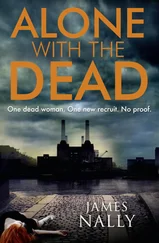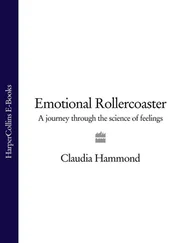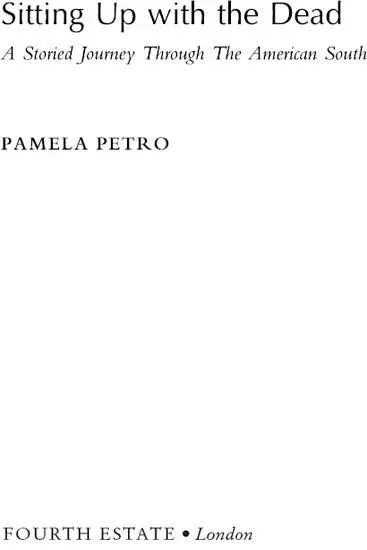
Copyright
The author and the publishers of this work would like to express their gratitude to the following: Louisiana State University Press for permission to quote from Black Shawl by Kathryn Stripling Byer (Copyright © 1998 by Kathryn Stripling Byer); Copper Canyon Press for permission to quote from Deepstep Come Shining by CD. Wright; Vintage Press for permission to quote from North Toward Home by Willie Morris; J.M. Dent and Sons for permission to quote from ‘Eheu Fugaces’ from Collected Poems 1945–1990 by R.S. Thomas; and Universal Music Publishing Ltd for kind permission to quote lyrics from ‘Sweet Home Alabama’ (King/Vanzant/Rossington). Although we have tried to trace and contact all copyright holders before publication this has not been possible in every case. If notified, the publisher will be pleased to make any necessary emendations at the earliest opportunity.
Fourth Estate
An imprint of HarperCollins Publishers
1 London Bridge Street
London SE1 9GF
www.harpercollins.co.uk
Fourth Estate is a registered trademark of HarperCollins Publishers Limited
First published by Flamingo 2001
Copyright © Pamela Petro 2001
Copyright disclaimer: All of the material printed in optima retains the copyright of the storytellers featured in this book.
Pamela Petro asserts the moral right to be identified as the author of this work
A catalogue record for this book is available from the British Library
All rights reserved under International and Pan-American Copyright Conventions. By payment of the required fees, you have been granted the nonexclusive, nontransferable right to access and read the text of this e-book on-screen. No part of this text may be reproduced, transmitted, downloaded, decompiled, reverse-engineered, or stored in or introduced into any information storage and retrieval system, in any form or by any means, whether electronic or mechanical, now known or hereafter invented, without the express written permission of HarperCollins e-books.
HarperCollins Publishers has made every reasonable effort to ensure that any picture content and written content in this ebook has been included or removed in accordance with the contractual and technological constraints in operation at the time of publication
Source ISBN: 9780007292295
Ebook Edition © FEBRUARY 2016 ISBN: 9780007391073
Version: 2016-02-17
Dedication
For Marguerite Itamar Harrison ,
who introduced me to the American South
and the Southern Hemisphere.
Contents
Cover
Title Page
Copyright
Dedication
Map of the American South
The Prologue
JOURNEY 1
AKBAR’S TALE
Tar Baby
COLONEL ROD’S TALE
The Mule Egg
VICKIE’S TALE
ROSEHILL’S TALE
The KUDZU’S TALE
Grandfather Creates Snake
ORVILLE’S TALE
Jack and the Varmints
DAVID’S TALE
Ross and Anna
JOURNEY 2
VERONICA’S TALE
A Polar Bear’s Bar-be-cue
Taily Po
KWAME’S TALE
The Story of the Girl and the Fish
ALICE’S TALE
CORNELIA’S TALE
The Plat-eye
FOUCHENA’S TALE
The Flying Africans
MINERVA’S TALE
TOM’S TALE
The Story of Lavinia Fisher
JOURNEY 3
RAY’S TALE
JOURNEY 4
OLLIE’S TALE
KATHRYN’S TALE
The Grandfather Tales
DAVID JOE’S TALE
The Peddler Man
KAREN’S TALE
Rosie and Charlie
The Tale of the Farmer’s Smart Daughter
OYO’S TALE
MITCH AND CARLA’S TALE
How My Grandma was Marked
Wicked John
The Bell Witch’s Tale
ANNIE’S TALE
Shug
My First Experience with a Flush Commode
ANGELA’S TALE
ROSE ANNE’S TALE
The Song In The Mist
Granny Griffin’s Tale
The Dead Man
Keep Reading
Index of Stories/Storytellers
Acknowledgements
About the Author
Also by the Author
About the Publisher
Map of the American South
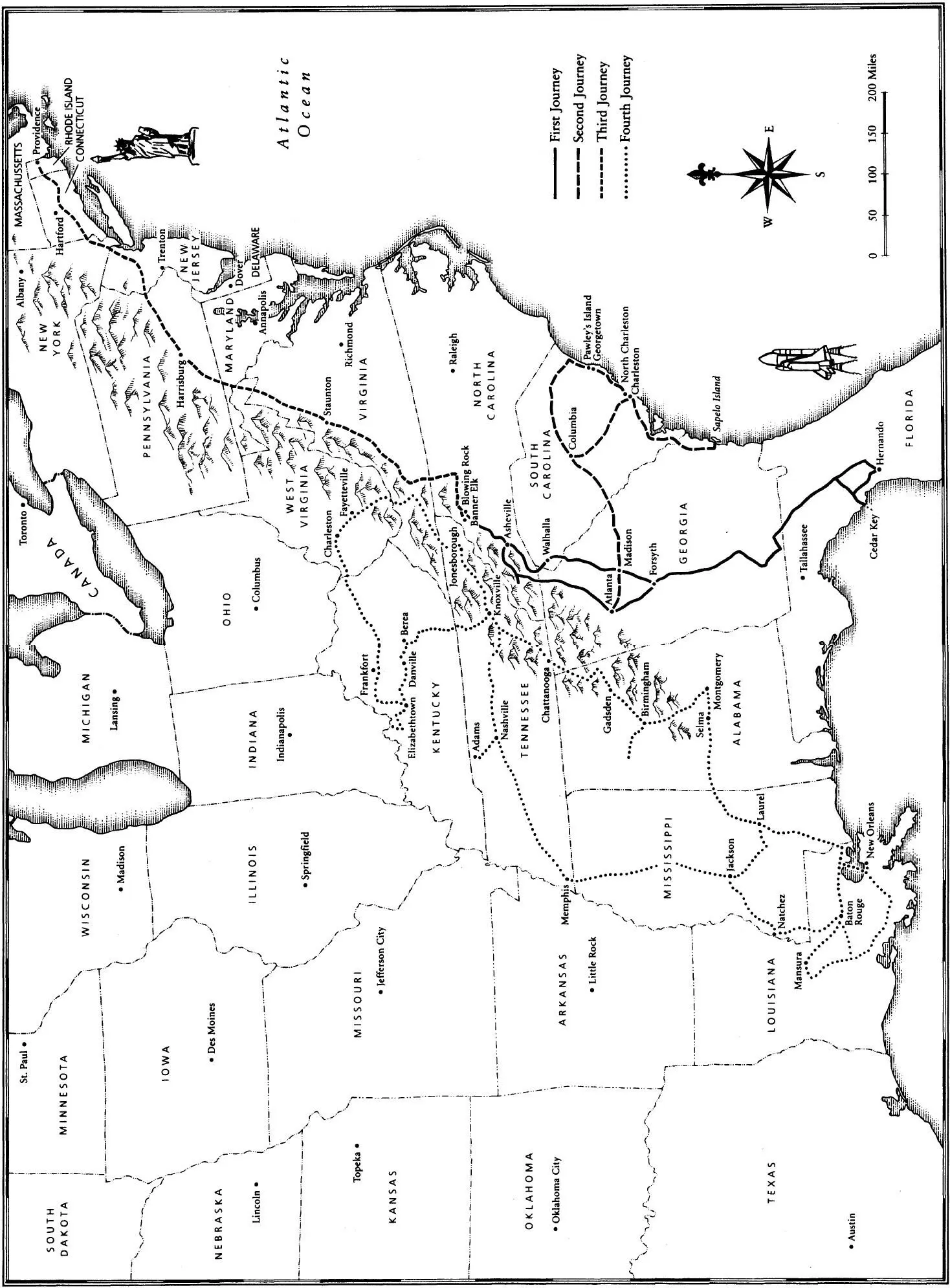
‘In America, perhaps more than any other country, and in the South, perhaps more than any other region, we go back to our dreams and memories, hoping it remains what it was on a lazy, still summer’s day twenty years ago – and yet our sense of it is forever violated by others who see it, not as home, but as the dark side of hell.’
WILLIE MORRIS, North Toward Home
The Prologue
Chaucer said it was in April that people long to go on pilgrimages. I was two months late; the desire didn’t come upon me until June. His Canterbury-bound pilgrims were moved ‘to seek the stranger strands/Of far-off saints, hallowed in sundry lands.’ A nice idea, but again, my journey differed in the details. No sundry lands for me. Like a contented lodger taken in by a big, unruly family, I lingered in just one place, or one household, you might say, within the United States: the American South. And I wasn’t seeking saints.
What Chaucer’s pilgrims and I have in common is that we chose stories as our waymarks. I traveled from the Atlantic seaboard across the high country of Appalachia to the Gulf Coast, listening to Southern storytellers tell me their tales. Like the Knight, the Nun and the Wife of Bath, stories served all of us – listeners and tellers alike – as compasses of understanding to high country and low, to the past and present, to ghosts and the living, to right, wrong, and finally, to the way home. Chaucer knew that stories are the surest guides on any journey. They are, in fact, journeys themselves, leading out of the graspable, sweaty present into the vanished or imaginary worlds that support it. They give depth and shading to the here and now, comment on it, contradict it, and crosshatch all that we think we know about a particular place with the shadows of lives long gone and schemes of characters who never actually breathed, but flourish in communal daydreams.
Visit the old coal-mining region of eastern Kentucky these days and you’ll see the green hills roll by like a bright, inland sea, buoying up Interstate 64 and the service industries moved down from the Northeast to take advantage of lower taxes. Then find someone with a minute or two to spare, and ask him to tell you a local tale. Maybe over a cup of coffee, or lunch of tinned fruit and cottage cheese at a diner, he’ll spin out The Black Dog , which is about a coal-mine collapse and the heroic pet who protected his master even in death. It’s a tale about community and the fear of outsiders, even outsiders offering help; about trust and the habitual acceptance of death and the forgotten bond between men and animals. This is the heritage of the upland, coal-mining South, and it’s invisible to the eye. But stories like The Black Dog are able to unearth an older Kentucky, one that still has relevance because it lives in the memories of service industry employees who drive to work on the Interstate, even though it may no longer be reflected in their daily landscapes. Travelers can’t see it, but they can hear it if they listen.
Stories provide the connective tissues of a community, a region, or even a big, overgrown household like the South. They link the skin of the present to the unseen organs of the past, binding them into a continually shapeshifting body by turns beautiful and terrible and occasionally – disturbingly – oddly reminiscent of looking into a mirror. In my case, the glass reveals a surprise: a Northern woman, a Yankee who came of age in Britain, and now lives within the gravitational pull of Boston, Massachusetts – the geographic butt of nearly every dumb joke I heard in the South (‘Hey,’ the Texaco cashier would say, as I paid for the gas I’d just pumped, ‘hear the one about the guy from Boston who bought his girlfriend a mink coat?’ Or, ‘There was this guy from Boston with a chicken …’ in which case I’d affect a Southern accent and say I was from Virginia). It’s a fair question to ask what I was doing there.
Читать дальше
